Screw Unrealistic Beauty & “Enoughness” Standards
As a fan of health and fitness, I used to really enjoy watching YouTubers talk about different foods and exercises and how to improve health and fitness.
And like many young girls, I would click on videos that advertised exercises that would help me physically fit into cultural beauty/fitness standards (flat stomach, tiny waist, bigger butt, etc.).
I was socialized to believe that looking like that (fitting into those standards) would make me worth more. That those attributes would make me better, more lovable, less “bad.”
They don’t.
And I’m sick of how much our culture makes it seem like those beauty standards are normal and/or the only way any of us will be worth something.
Do you know how many people are advertising themselves as fitness, beauty, and health junkies that have had procedures done to help them attain beauty standards that are not physically possible naturally?
A lot.
Some people (not all) who claim to have worked really hard to maintain their health and looks are really just frauds who eat healthy but won’t tell you the truth about the BBL they got before they started their YouTube channel.
When I found this out I felt cheated and betrayed.
I used to feel bad about myself when I saw exceptionally beautiful people, but later I realized many of them were altering themselves and editing their photos in ways that were not naturally attainable (and then making money from claiming that their sponsored products will make you look like them).
So in case nobody has told you this before: people will tell you you’re not good enough because they profit from telling you that. And this does not mean you’re actually not good enough.
Screw the Kardashians, screw James Charles. And screw many others for profiting off of our insecurities.
And, if the people who say these things to you are not profiting from it, then they’re just repeating crap they’ve heard from people who do profit from it. And in that case, it’s still not true.
Meanwhile, “normal” people are either spending their lives feeling ashamed of themselves for not fitting in to the standard, OR going to the ends of the earth to change themselves (sometimes in ways that physically hurt them).
You don’t need to hurt yourself to be good enough. And your “enoughness” doesn’t have anything to do with what you look like.
TW: Eating disorders
Another thing worth noting is that a lot of people seem to think that these unrealistic standards only affect a small amount of people, and that’s not true either.
They think, “sure, there’s a small percentage of people who get eating disorders or spend all their money on beauty products, but apart from that, this doesn’t really make a difference in most people’s lives.”
To that I just want to say…
- Eating disorders are f***ing serious.
- This affects everyone in different ways even if the impact isn’t obvious.
For example, when I take a picture with my friends, a number of them will make a disgusted face after they see how they look in the picture.
When I work and volunteer with young girls, they call themselves horrible names, and tell me that they’re constantly being called those names by their peers.
I personally spent years avoiding smiling because my teeth weren’t straight.
We wouldn’t do these things if these standards weren’t affecting us deeply.
Behind the scenes, most of us are looking in the mirror, fighting ourselves to not focus on the small flaws, and most of us lose that battle regularly.
But it isn’t our fault.
We shouldn’t have to fight to feel like we are okay the way we are in the first place.
We’re up against a big challenge here. How could we not make a disgusted face, call ourselves names, or hide our smiles, when all we see online is perfection? So much of what we’re exposed to is edited, filtered, distorted, and photoshopped.
In past generations, there were factually fewer people to compare ourselves to. When we didn’t have access to the internet, we could only compare ourselves to people in our immediate vicinity, and those people couldn’t edit the way they looked before we saw them. But today, we can compare ourselves to anyone in the world. Including the (seemingly) most unattainably “perfect” people alive.
Social comparison theory suggests that when we compare ourselves to people who are perceived to be better at things, it will “inspire” us to do better.
But what happens when we are only exposed to the people who are the best at everything?
I wouldn’t call that inspiring.
When all we ever see is the prettiest, the best, the smartest, and the fittest people, being acceptable at something starts to feel unattainable because it seems like “everybody” is so much better (But the “everybody” we see is actually just the people who are the best who don’t represent the real “everybody”).
Building an awareness of the fact that what we’re exposed to is very skewed towards an unreal level of perfection can help us understand that who and what we are is not “behind” or “bad.”
In other words, there’s nothing wrong with you, you’re just being exposed to exceptional and often unreal people 24/7.
So I’m currently making an effort to remind myself that perfection isn’t as real or common as it seems.
I know that we’ve been called names, told we look weird, or that we’re bad, too much, too fat, too skinny, have a big nose, or whatever the heck it might be.
But no matter what boxes people draw for you to fit into, human beings aren’t supposed to look a certain way.
We’re supposed to be different.
And being “not” something doesn’t make you bad. It makes you you.
Did this post resonate with you? If so, I’d love to hear from you! Leave a comment or send me a message to share your thoughts. For more uplifting content, check out some other posts on my blog, follow me on instagram @morgan_barbret, or sign up for the Self Love Atlas Newsletter!
Cheers,
Morgan Rita Barbret
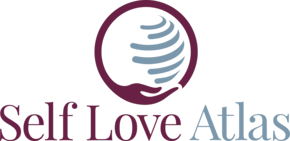
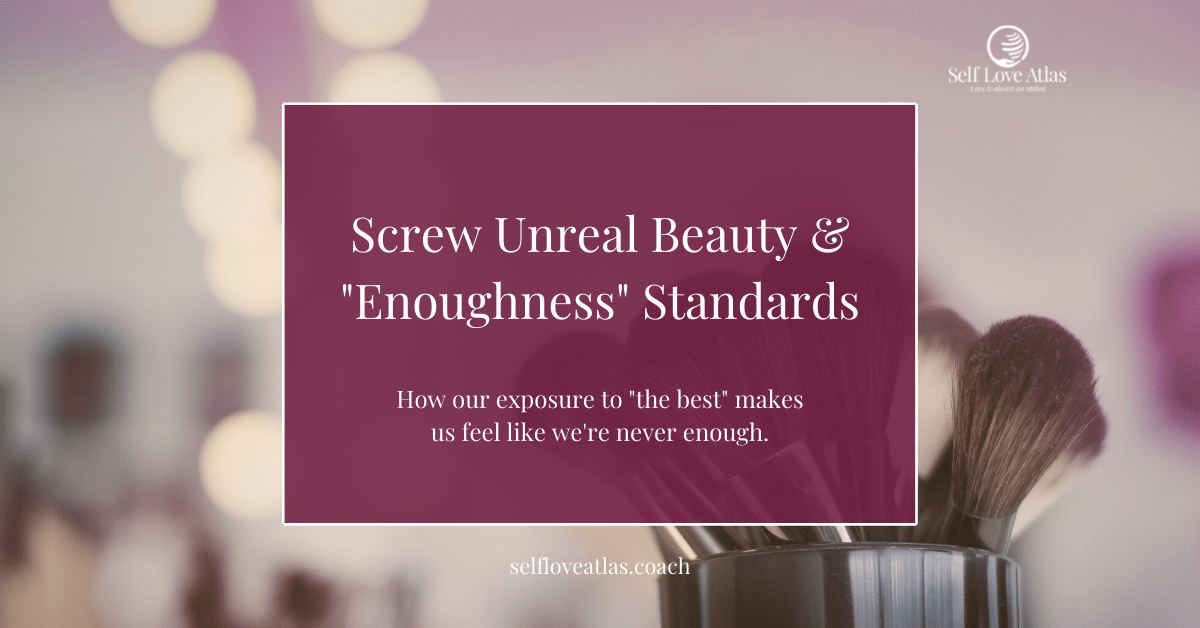

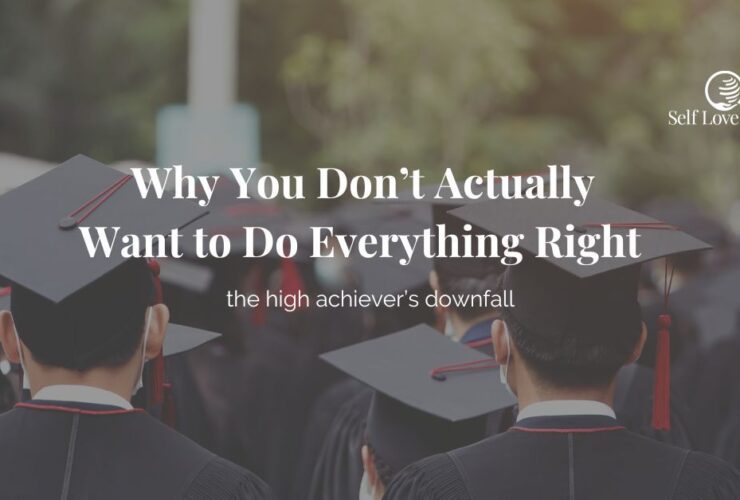
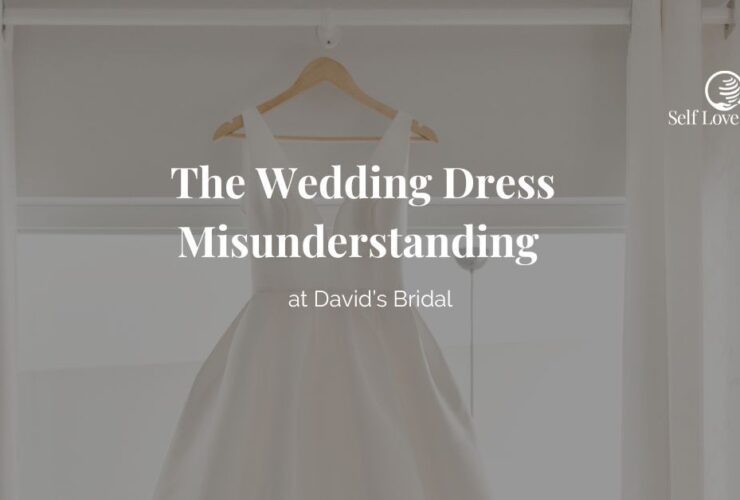
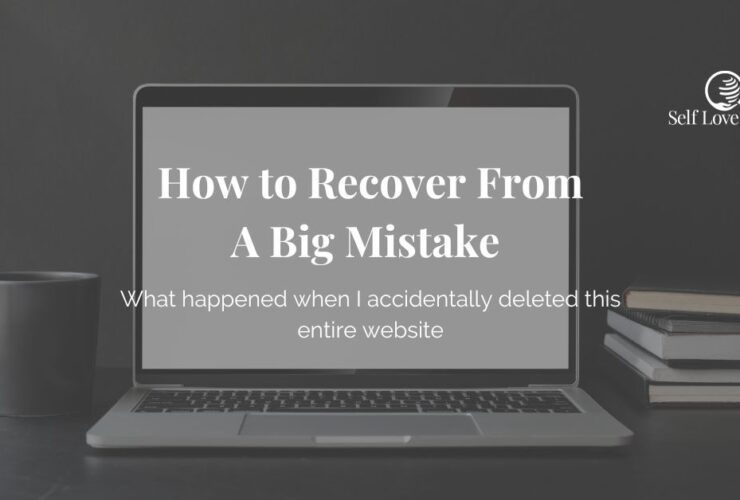
I agree with you. Everyone is beautiful in their own way. I do not worry about what shallow people think. Family and close friends are the only people that count because they love you for who you are.